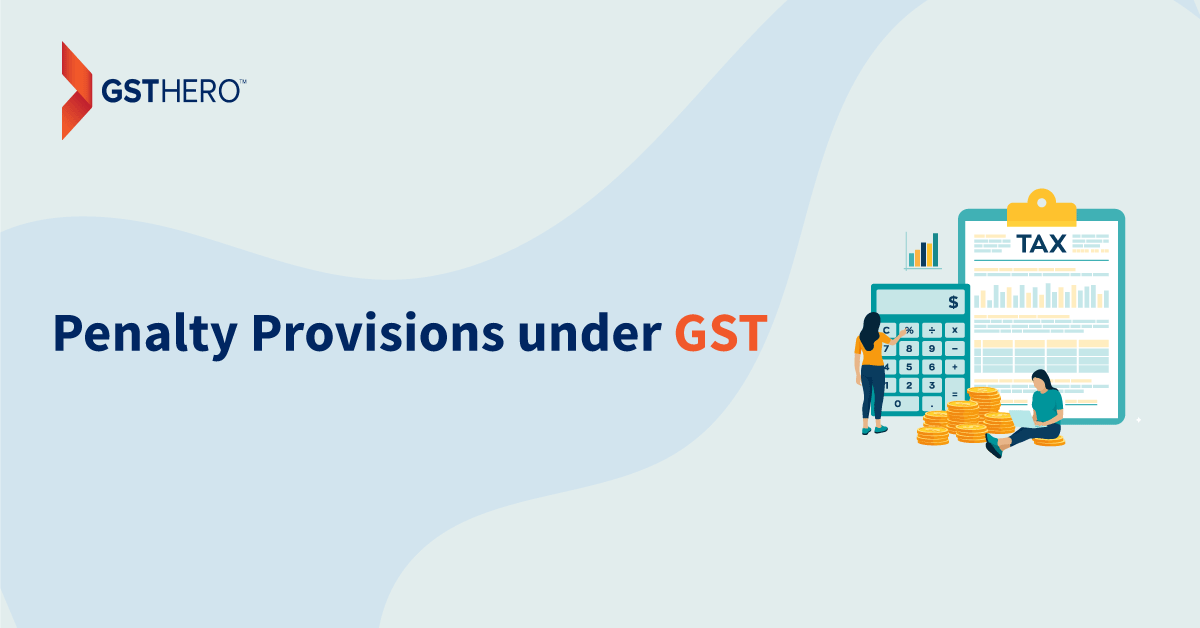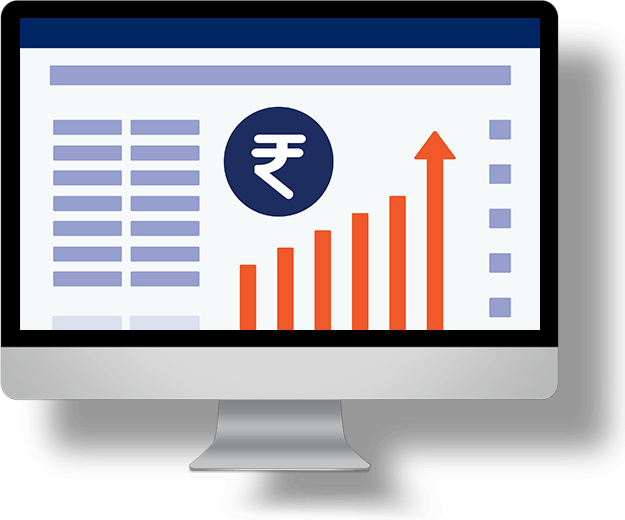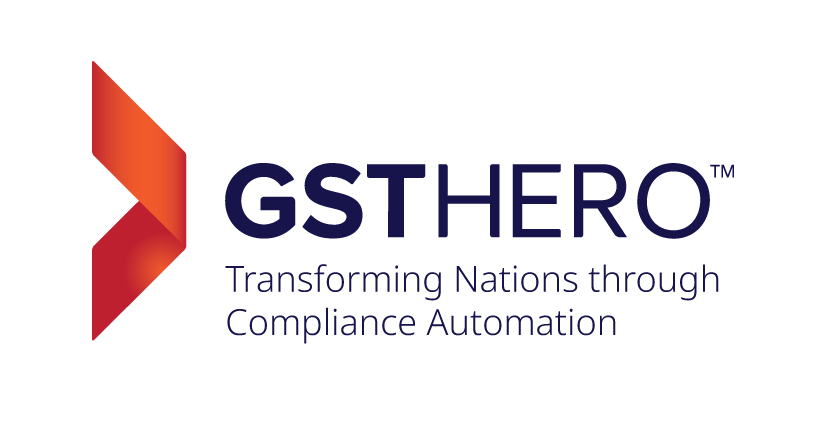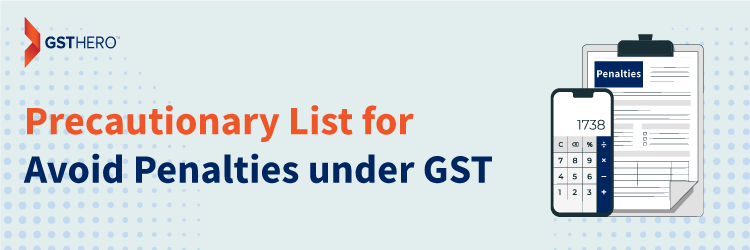Dictionary meaning of the term penalty is ‘a punishment imposed for breaking a law, rule or contract’. Article briefly discussed Penalties under GST and its precautionary list on Just like any other law, Goods and Services Tax (GST) also caters a wide range of penalties for various offences like
Notably, the above are the only sample list of offences. Broadly speaking, penalty provisions covers each and every action which involves contravention of the GST Act or rules made thereunder.
GST being the new levy and also involving continuous amendments, makes it quite difficult for the registered person to escape the penalty. However, the present article tries to provide a precautionary list looking through which the registered person will be able to avoid penalties to large extent.
Penalties under GST : Provisions

Get Free Bonus Report: Claim 100% ITC for your business
Before making the precautionary list, firstly, let us look which are the general basic compliances to be carried out by any bona fide registered person under GST
- Supply of goods or services by issuing tax invoice/ debit note/ any other tax paying document
- Precise availment of input tax credit
- Accurate and timely GST return filing
- Timely payment of tax (including reverse charge)
- Proper maintenance of books of accounts
Going through the above compliance summary, it sounds that compliances under GST are pretty simple. However, ironically, the same isn’t. The registered person needs to be very precise while taking care of the compliance part so as to avoid any type of penalty.
Taking a brief of the penalty provisions under GST, it is covered under section 122 to section 125 of the Central Goods and Services Tax Act, 2017. The gist of the sections is explained hereunderSection | Particulars | Details |
|---|---|---|
Section 122 | Penalty for certain offences | This section covers penalties under GST in relating to a wide range of offences; omissions; contraventions; fraudulent acts; etc. |
Section 123 | Penalty for failure to furnish information return | This section covers penalty in case a certain specified class of person fails to furnish the information return as required under section 150 of the Central Goods and Services Tax Act, 2017. |
Section 124 | Fine for failure to furnish statements | This section covers such registered person who is required to submit information/ return under section 151 of the Central Goods and Services Tax Act, 2017 and fails to furnish the same. |
Section 125 | General penalty | This section covers penalty for any registered person who contravenes any provision of the Central Goods and Services Tax Act, 2017 as well as the Central Goods and Services Tax Rules, 2017. |
Penalties under GST : Precautionary List to be Taken Care of by the Registered Person

Based on the above compliances, let us summarize the precautionary list which the normal registered person can follow in order to avoid penalties to a maximum extent
Step 1 : Supply of goods or services by issuing proper tax invoice or debit note or any other tax paying document
As per GST provisions of section 31 of the Central Goods and Services Tax Act, 2017, the registered person engaged in supplying goods or services or both is required to issue a tax invoice at a specified time and stating the specified particulars.
Accordingly, specified time of issuance of tax invoice for supply of goods and supply of service is explained in the table belowParticulars | Provisions | Time of issue of tax invoice |
|---|---|---|
Section 31(1) of the Central Goods and Services Tax Act, 2017 | Before or at the time of –
| |
Supply of service | Section 31(2) of the Central Goods and Services Tax Act, 2017 | Before or after the provision of service within the prescribed period |
Get Free Bonus Report: Claim 100% ITC for your business
Notably, specified particulars to be covered in the tax invoice are prescribed under rule 46 of the Central Goods and Services Tax Rules, 2017. The same is highlighted hereunder for ready reference –
- Name, address and GSTIN of the supplier;
- Consecutive serial number (not exceeding 16 characters);
- Date of issue of invoice;
- Name, address and GSTIN of the recipient (when the recipient is registered under GST) or name, address, name of the State and code (when the recipient is not registered under GST);
- HSN (Harmonised System of Nomenclature) code for goods or SAC (Service Accounting Code) for services;
- Description of goods or services;
- Quantity and units/ Unique Quantity Code (in case of goods);
- The total value of supply of goods or services;
- The taxable value of supply of goods or services;
- Tax rate;
- Amount of tax charged;
- Signature/ digital signature.
It is important to note here that, based on the aggregate turnover of the registered person, it is mandatory to mention the HSN code or SAC code (as stated above) in the following manner
Aggregate turnover in the previous Financial Year | Number of digits of HSN code or SAC code |
|---|---|
Up to INR 5 Crores | 4 digits |
More than INR 5 Crores | 6 digits |
Further, importantly, with effect from 1st April 2022, the registered person having an aggregate turnover exceeding INR 20 Crores is mandatorily required to generate e-invoice in B2B transactions.
Supply of goods or services or both without adequately following the step 1 will definitely attract penalties under GST. Hence, the registered person needs to precisely follow the same.
Step 2 : Availment of accurate input tax credit
High reliance is placed on the availment of input tax credit under GST. The registered person needs to satisfy certain basic mandatory conditions as prescribed under the GST provisions of section 16(2) of the Central Goods and Services Tax Act, 2017.
Accordingly, prior to availing of the input tax credit, the registered person should check all the following points –
- There has to be actual receipt of goods or services by the registered person;
- The registered person should have the relevant tax invoice/ debit note or any other tax paying document, as issued by the supplier, on the basis of which goods or services are received;
- The detail of the said tax invoice/ debit note is furnished by the supplier in Form GSTR-1 and communicated to the registered person via an auto-generated statement in Form GSTR-2B;
- Verify that the supplier has paid the relevant tax, as charged in the tax invoice/ debit note, to the Government either via electronic cash ledger or via electronic credit ledger;
- GSTR 3B return filing form should have been furnished.
It is important to note here that one more condition is inserted vide the Finance Act, 2022 which says that the input tax credit as displayed in Form GSTR-2B should not be restricted under section 38 of the Central Goods and Services Tax Act, 2017. However, the said provisions are not yet notified.
After satisfying all the above criteria, the registered person can undoubtedly avail of the input tax credit without nerve-wracking about the penalty.
Step 3 : GST Reconciliation of ITC availed and auto-generated statement in Form GSTR-2B
Once the input tax credit is availed under STEP 2 above, it is mandatory to reconcile the same with an auto-generated statement in Form GSTR-2B.
GST Provisions of rule 36(4) of the Central Goods and Services Tax Rules, 2017 clearly states that the registered person is not eligible to avail of the input tax credit unless the same is communicated via Form GSTR-2B.
Accordingly, reconcile the input tax credit as per books of accounts and as per Form GSTR-2B. In case of any difference, avail input tax credit only to the extent reflected in Form GSTR-2B and contact the relevant supplier for correcting the balance in succeeding months.
Step 4 : Timely payment of tax including a reverse charge
As per provisions of section 39 read with rule 61 of the Central Goods and Services Tax Rules, 2017, in the case of a normal registered person, the tax payment (which also includes GST under reverse charge) is to be done at the time of filing of return in Form GSTR-3B.
Accordingly, the due date for the same is tabulated hereunder –
Period | Applicability | Due date |
|---|---|---|
Monthly |
| 20th of the next month |
Quarterly | The registered person who has opted under Quarterly Return Monthly Payment Scheme (QRMP) | 22nd or 24th of the month succeeding the respective quarter. |
In order to avoid any type of interest or penalty, it is important to make payment of tax within the due dates as prescribed above.
Step 5 : Timely filing of GST returns
Other than return-cum-payment in Form GSTR-3B (as stated above), the normal registered person is also required to furnish other important returns like Form GSTR-1; GSTR-9 and GSTR-9C.
Timely and precise filing of various GST returns is at most important for avoiding penalties. The due date for filing returns like Form GSTR-1; GSTR-9 and GSTR-9C is tabulated hereunderForm | Period | Availability | Due date |
|---|---|---|---|
Monthly |
| 11th of the next month | |
Form GSTR-1 | Quarterly | The registered person who has opted under Quarterly Return Monthly Payment Scheme (QRMP) | 13th of the month succeeding the respective quarter. |
Form GSTR-9 | All the normal registered person | 31st December following the end of the relevant Financial Year | |
Form GSTR-9C | The registered person having an aggregate turnover limit of more than INR 5 Crores in the Financial Year | 31st December following the end of the relevant Financial Year |
Step 6 : Proper maintenance of books of accounts
As per provisions of section 35 of the Central Goods and Services Tax Act, 2017, the registered person is required to properly keep and maintain all the following applicable accounts and records
- Production/ manufacture of goods;
- Inward as well as outward supply of goods or services;
- Stock of goods;
- Input tax credit availed;
- Output tax payable as well as paid;
- Such other prescribed particulars.
Further, as per provisions of section 36 of the Central Goods and Services Tax Act, 2017, such accounts and records are to be retained till the expiry of 72 months from the due date of furnishing of GST annual return for the year pertaining to such accounts and records.
Step 7 : Avoid engaging into any fraudulent act
Avoiding of any type of penalties under GST is directly related to avoiding of engaging oneself into any type of fraudulent activity. Notably, penalty is levied on all the types of fraudulent activities. Some are illustrated hereunder
- Furnishes false information at the time of obtaining GST registration;
- Fraudulently obtaining GST registration;
- Supply of goods or services or both without issue of invoice;
- Issue of invoice without actual supply of goods or services;
- Avails as well as utilizes the input tax credit without actual receipt of goods or services;
- Obtains refund of tax on fraudulent basis;
- Produces fake accounts or statement or documents;
- Suppress turnover with an intention to evade payment of tax;
- Furnishes false information or return with an intention to evade payment of tax; etc.

Claim upto 100% Input Tax Credit
Easiest GSTR 2B Reconciliation With Reverse ERP Integration

